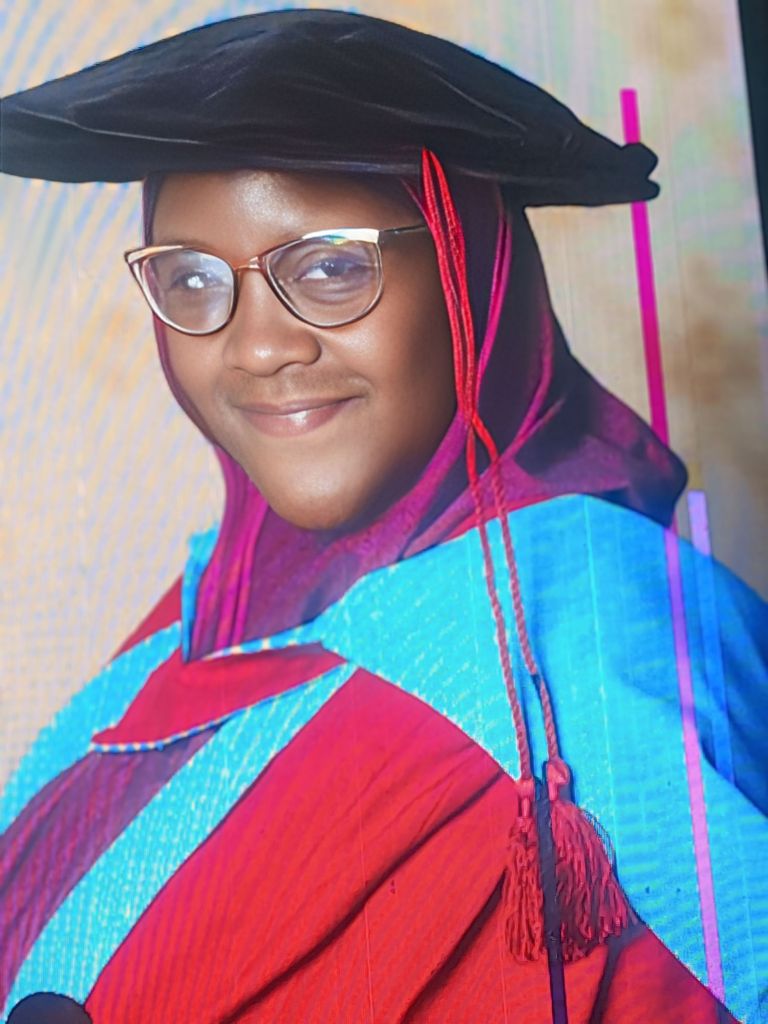An Islamic legal scholar at the University of Ilorin, Professor Azizat Omotoyosi Amoloye-Adebayo, has called for increased participation of women in Islamic legal scholarship, emphasizing the need for intellectual courage in the face of cultural and societal limitations.
Amoloye-Adebayo made this call while delivering the 274th Inaugural Lecture of the university, titled “Islamic Law and the Woman’s Agency.”
The lecture, held at the institution auditorium, was attended by academics, jurists, legal practitioners, religious scholars, students, and dignitaries from across the country.
She used the platform to challenge long-standing misconceptions about women’s roles in Islamic law, urging female scholars to engage actively in the interpretation and application of Sharia rather than passively accepting male-dominated perspectives.
In her lecture, Professor Amoloye-Adebayo argued that Islamic law is often interpreted and applied through a male-centric lens, leaving little room for women’s perspectives. This, she said, is not rooted in Islamic teachings but in societal norms that have discouraged women from taking leadership roles in religious discourse.
“There is no divine restriction on women’s participation in Islamic law,” she said. “The barriers are man-made, and it is time for women to overcome their intellectual timidity and take their rightful place in religious and legal scholarship.”
She explained that “agency” refers to a person’s autonomous control over his or her actions, including a sense of what individuals could accomplish. It is not about feminism or gender, but a person’s autonomous control over his or her actions.
“This is including a sense of what individuals can accomplish themselves and the responsibility or ownership over one’s actions. I worry that for a religious law such as Islamic law, officially recognised as state law or a part of it, it continues to command a sense of obligation.
“In any position of authority, the authority-holder must first hold his or herself accountable to the standard to be enforced to others. This is in line with the Islamic law textual position that states, ‘do you enjoin right conduct on the people and forget to practise it yourselves and yet ye study the scripture? Will ye not understand?’,” she said.
A significant part of the lecture focused on Nigeria’s Child’s Right Act, 2003, which prohibits marriage before the age of 18. While acknowledging the importance of protecting young girls, Professor Amoloye-Adebayo questioned the universal applicability of the law, arguing that the best interest of the child should take precedence over a rigid age limit.
She pointed out that Islamic law does not set a fixed age for marriage but instead emphasizes a child’s physical, emotional, and psychological readiness. According to her, a more flexible and culturally sensitive approach should be adopted rather than imposing a blanket legal standard.
Professor Amoloye-Adebayo also addressed a common misinterpretation of Islamic marriage, where some believe that a wife must be in complete servitude to her husband. She argued that this view is a distortion of Islamic teachings and has led to gender inequality, oppression, and domestic abuse in some Muslim communities.
“Islamic marriage is based on mutual respect and partnership,” she explained. “The Prophet Muhammad provided the best example of a balanced marital relationship where both husband and wife complement each other rather than one exercising dominance over the other.”
She urged Islamic scholars and community leaders to correct these misconceptions and promote teachings that reflect the true principles of equity, justice, and kindness in marriage.
Throughout her lecture, Professor Amoloye-Adebayo stressed the urgent need for more women to engage in Islamic legal studies. She called on female academics, students, and researchers to pursue advanced studies in Sharia and contribute to legal discourse, rather than leaving the field solely to men.
She highlighted the importance of women-led research, publications, and legal opinions in ensuring a balanced and inclusive interpretation of Islamic law.
“The only recognition that truly matters for any human being, man or woman, is divine validation,” she said, urging women to prioritize knowledge-seeking over societal approval.
Her position, no doubt will spark renewed debate on the intersection of secular laws and religious principles, particularly regarding women’s rights, child protection, and cultural autonomy.
Professor Azizat Omotoyosi Amoloye-Adebayo’s inaugural lecture has opened a critical conversation about the evolving role of women in Islamic law. Her call for intellectual courage and active participation in legal scholarship serves as an inspiration for Muslim women, scholars, and policymakers.
As Nigeria continues to balance secular legal frameworks with religious traditions, her insights provide a thought-provoking perspective on how Islamic law can be interpreted in a way that empowers women while maintaining its foundational principles.
Her lecture is expected to influence future academic discussions, policy reforms, and religious teachings, ultimately contributing to a more equitable and informed application of Islamic law in contemporary society.
